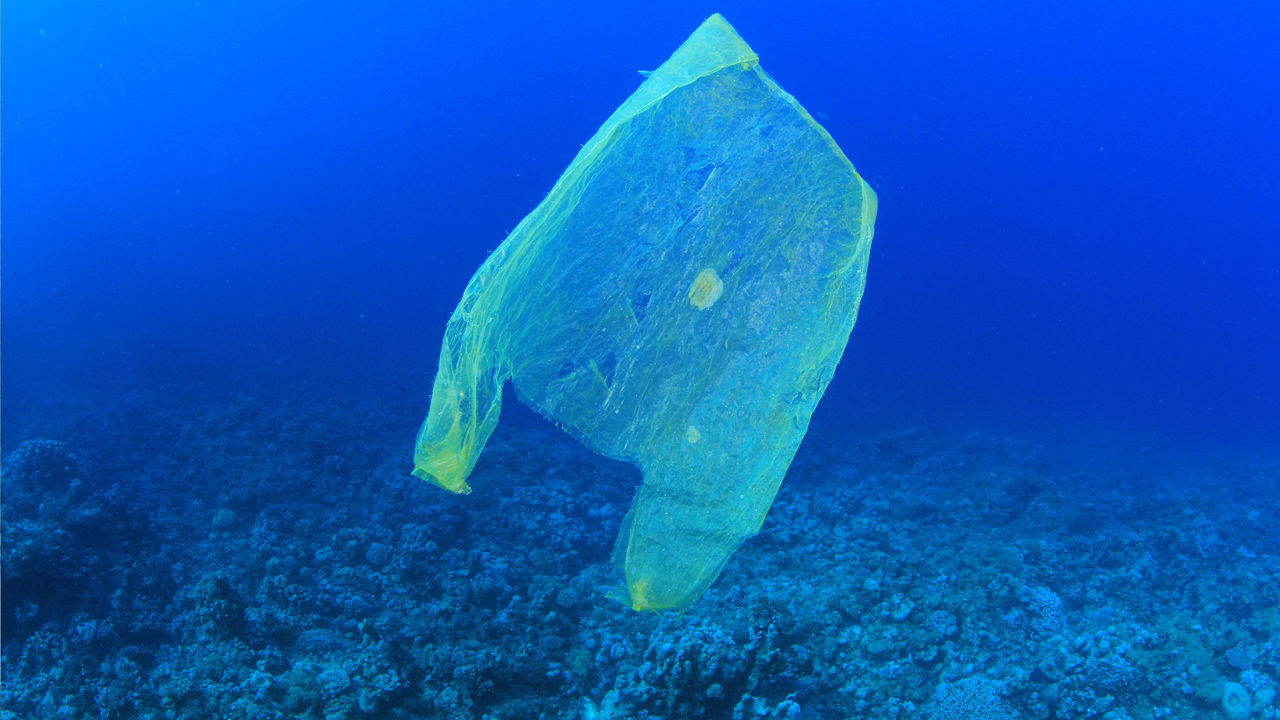
In 2050 there will be in the ocean more tons of plastic than fish.
By Daniel Javier, Director of CSR of WORLDCOB
The figure struck me!
I had an idea that there was a problem with plastic, but had not captured the entity, and perhaps neither you.

There are five major zones of accumulation, in the so-called subtropical gyres in our oceans. Ocean currents which operate like conveyor belts of plastic, but the plastic remains are at points furthest from the coast to the depths of the abyss environment to 4000 meters.
They have enough decades of massive use of plastic to create a problem of marine pollution that now the science is mitigate.
Not only is the pollution and waste, but plastic is slowly turning into ever smaller pieces and each stage presents a specific damage.

Those microplastics and nanoplastics were before bottles, caps, anything, and they have been fragmenting until he became so small that they are very difficult to remove and easy to swallow for the marine fauna.
Very small animals, seabirds, dolphins, turtles, whales, in all the studied specimens remains plastic in their stomachs with a cocktail of contaminants, whose impact is difficult to assess.
The nanoplastics can be ingested and assimilated to the tissue of the body of the fish, which then they are ingested by humans, could be long time consuming this plastic and likening it to our own weaving.
The ocean is too vast to clean it and which are far from the coast is microplastic mixed with the marine life, difficult to separate plankton.

The focus of control should be in Earth, must prevent plastics from reaching the sea. Act in coastal areas and in the mouths of large rivers, avoiding that they can reach the sea and disperse.
Much of the marine pollution is plastic, especially containers. In the European Union only recycle around 25% of all plastic waste and almost 50% is still buried in landfills.
Pay for disposable plastic container, and recover the paid to return it, as with the glass or the returnable, so entering a recycling system, could be a quick and effective measure.
What is not seized is worth millions of euros a year. With a circular economy will take advantage and it would partly mitigate the problem.
Sustainability is a matter of urgency and is the responsibility of everyone, fulfill our part, put it on the agenda of politicians and reward with our choice to responsible companies.

Sources:
Green Chamber of Commerce, https://www.youtube.com/watch?v=hg1Da2RUids
El País Semanal, de Madrid, Nota de Silvia Blanco.
